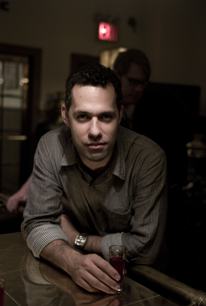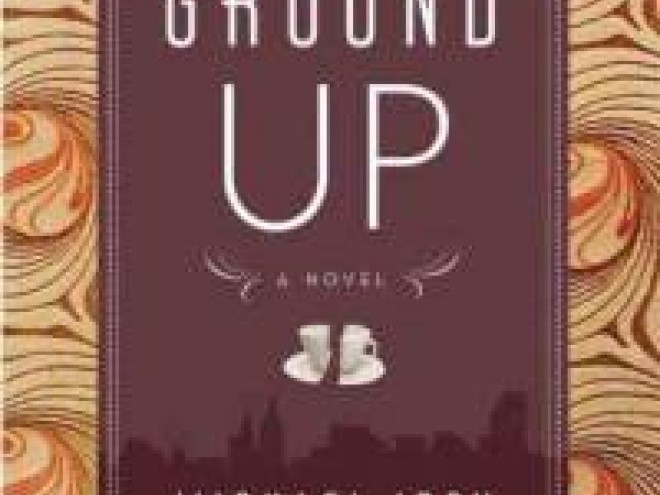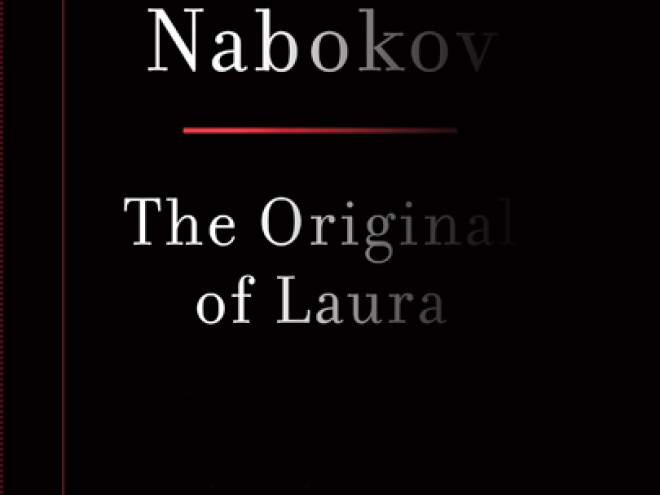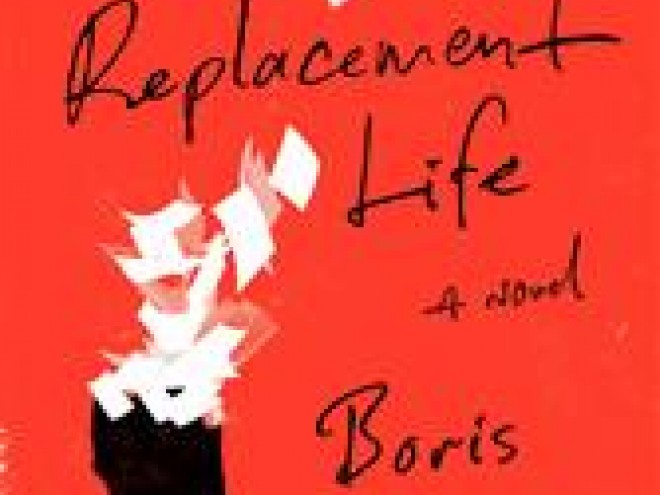Michael Idov is a contributing editor at New York Magazine and the author of the novel Ground Up. In his last post, Michael wrote about the challenge of self-translation. He’ll be blogging all week for MyJewishLearning and the Jewish Book Council.
 Russia is incredibly small. Yes, I know it’s the world’s largest landmass. But the visible and audible Russia – the Russia emitting the light and noise we call culture – is tiny, comprised of a few thousand people in Moscow and St. Petersburg with occasional outposts in places like Perm and Krasnoyarsk. And even in Moscow, the chattering classes are small enough to fit into two or three smoke-filled bistros (where they, in fact, do spend most of their time).
Russia is incredibly small. Yes, I know it’s the world’s largest landmass. But the visible and audible Russia – the Russia emitting the light and noise we call culture – is tiny, comprised of a few thousand people in Moscow and St. Petersburg with occasional outposts in places like Perm and Krasnoyarsk. And even in Moscow, the chattering classes are small enough to fit into two or three smoke-filled bistros (where they, in fact, do spend most of their time).
This makes the processes of literary hype, as I recently found out, churn much faster than in the U.S. – at an almost comic speed. The Russian translation of Ground Up – now called Kofemolka (“The Coffee Grinder”) – came out in mid-November. The reception was… remarkable. It went from “Who is Michael Idov?” to “Who does Michael Idov think he is?” and back in the space of, roughly, two weeks. I am still feeling the double whiplash from being discovered, denounced and rediscovered all before Thanksgiving.
As I’ve mentioned in my previous post, I had been a little worried that the book’s very specific focus on the Lower East Side of Manhattan, its Jewish history and its most recent generation of hipster arrivistes would glaze any foreign reader’s eyes. At best, I was hoping, the readers would follow my flailing characters like they would a couple of fish in a fishbowl – amusing, pretty perhaps, completely unrelatable. I was completely wrong. Globalization, it seems, has created a phenomenon wherein every culture is foliated into very thin layers, but each layer has much more in common with its equivalents in other cultures than its neighbors above and below. As a blockbuster economic theory, this needs some work: it’s a kind of Big Millefeuille of Long Tails. But I’ve watched it at work in Moscow.

Michael Idov, photograph by Misha Friedman
My first readers seemed to overlap with the audience of Afisha Magazine, a youth-oriented biweekly that takes its trendsetting responsibilities seriously: its first slogan was “As we say, so it will be.” They got every tiniest reference, be it a parody of the Antifolk musician scene at the Sidewalk Café or a passing mention of a 2006 – 2007 Williamsburg vogue for lumberjack beards. This was their world – much more so than the reality outside. These were the people that read Gawker at work and ordered Chinese delivery at home; each lived in his or her own private Manhattan, just like the hip youth of America used to live in their own private Paris. They had been starved, like most of us perennially are, for a book about themselves – and, paradoxically, found it in a story of two hapless New York yuppies. I’ve had two Q&As with readers in Moscow – one at a very Americanized coffeehouse called Coffee Bean and another at a great independent book shop called Dodo (the name both quoting Lewis Carroll and hinting at the enterprise’s endangered status). About 30 percent of the questions were about the book. The rest were about the finer points of New York nightlife, fashion, etiquette, renumeration for certain trades, etc. I have unwittingly found myself a tour guide.
Then (in a week or so) the backlash came. Even the head of the publishing house that put out the book referred to it in an interview as “Afisha’s favorite toy.” By the time newspaper reviews rolled around, they were almost entirely reacting to the blog hype. My name caused further confusion: was I an American writer or a Russian one? The story of the book informed every judgement: one critic wrote that my language, “preserved” by living in “exile,” was cleaner than the average Russian novelist’s; another – that I had forgotten it. “One of our best novels this year has been originally written in English,” marveled one. Another looked up the original’s meager sales rank on the Barnes&Noble site as proof that the king was naked – the book wasn’t a blockbuster Stateside, so why should we care about it? We’re being duped, people!
In the end, though, I came back to New York exhilarated with the Moscow trip. It felt fantastic to be a Controversial Novelist for a week, one whose very status as a part of the culture was subject to media debate. The Russians still take all things literary with utmost seriousness. At times I remind myself of Holly Martins, the main character of The Third Man – a writer of breezy Westerns who meets with his readers in Vienna expecting an autograph session, only to get hit by a volley of wheedling psychoanalytical questions. In my case, the questions I was not ready to answer were about identity. I have no idea whetherKofemolka is “a Russian novel” or not. I’m just glad someone cares enough to claim or disown it.
Check back all week to read more of Michael Idov’s blogs. He is the author (and the Russian translator) of Ground Up.



